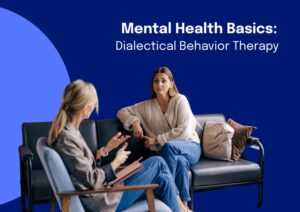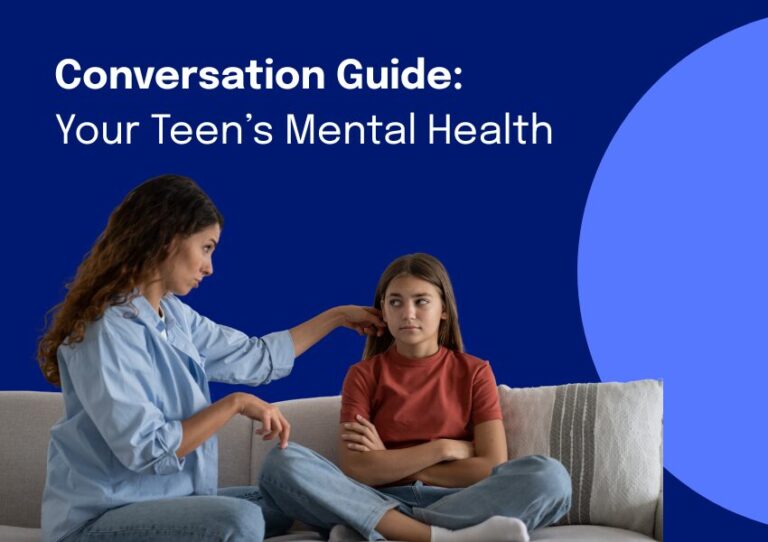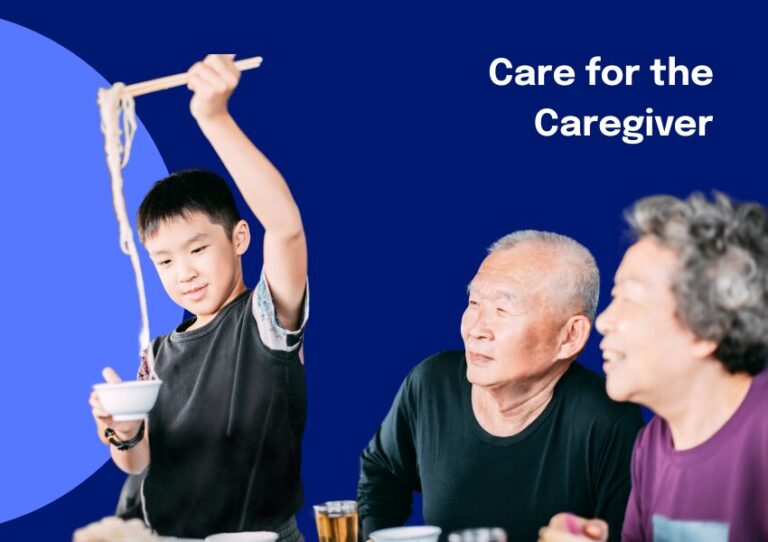Mental Health Basics: Dialectical Behavior Therapy
 Eluna works to provide hope and healing to children and families that are experiencing grief or struggling with an addiction. We have seen the powerful transformation that children experience at our camps when they realize that they are not alone and that people care. We work to demystify the process of getting mental health support. Below is an article written by out partner, Jonathan Baum, LICSW – VP, Clinical Services at Doc Wayne, that explores one of the current therapeutic techniques used commonly in therapy: Dialectical Behavior Therapy.
Eluna works to provide hope and healing to children and families that are experiencing grief or struggling with an addiction. We have seen the powerful transformation that children experience at our camps when they realize that they are not alone and that people care. We work to demystify the process of getting mental health support. Below is an article written by out partner, Jonathan Baum, LICSW – VP, Clinical Services at Doc Wayne, that explores one of the current therapeutic techniques used commonly in therapy: Dialectical Behavior Therapy.
Dialectical Behavior Therapy Basics
Designed by Marsha Linehan in the 1980s, Dialectical Behavior Therapy (DBT) “is a cognitive behavioral treatment that was originally developed to treat chronically suicidal individuals diagnosed with borderline personality disorder (BPD) and it is now recognized as the gold standard psychological treatment for this population.” While DBT is the go-to treatment model for people diagnosed with BPD, there are many concepts from this evidence-based practice that can be effectively utilized to support individuals struggling with a variety of symptoms. There is a multi-year process that includes intensive training, practice, and supervision that is required to be a certified DBT therapist. This article will serve as a starting point for learning the basics of DBT and is condensed from a training provided by Kerry Rivard.
The best way to understand this type of treatment is to break down the meaning of Dialectical Behavior Therapy. Dialectical is defined as the ability to hold two or more things in balance that are in conflict with one another. It is accepting that there is some truth in each person’s perspective and synthesizing multiple truths that are in opposition to one another. For example, a 13-year-old may argue with her father about the cleanliness of her room. The father thinks his daughter’s room is a mess, but for the daughter, it is a significant improvement from the starting point. The father’s capacity to accept the truth from his daughter’s perspective can assist in avoiding a potentially larger argument. Dialectical thinkers know that two things can be true at once which can really break down walls when having difficult conversations. Being dialectical means letting go of “all or nothing” thinking, validating the other point of view, being flexible, and avoiding assumptions and blaming. DBT therapists use dialectical thinking to understand and treat the behaviors (thus Dialectical Behavior Therapy) that are creating problems in the lives of those they are treating with the goal of increasing certain target skills.
Specifically, DBT aims to build mindfulness, distress tolerance, emotion regulation and distress tolerance skills. These are essential for everyone and skills that can be particularly difficult to master for those struggling with grief or are affected by addiction.
Mindfulness skills: Mindfulness is the “repetitive act of directing your attention to only one thing in the moment.” Mindfulness skills help people take control of their thoughts and attention and stay in the moment. Being mindful can reduce racing thoughts and negative thinking with the final goal of gaining the ability to participate in all aspects of life with awareness.
Distress tolerance skills: These provide people with specific strategies to manage their emotions in the present moment. This is crucial to anyone who is surviving through a crisis and positively impacts an individual’s ability to get through life when they are unable to control their situation.
Emotion regulation skills: The capacity for emotion regulation assists people in coping with overwhelming and constantly changing emotions. The purpose of teaching these skills is to help people understand the source of their emotions while also reducing emotional vulnerability. This allows for a reduction in emotional suffering.
Interpersonal skills: The focus of this module is on assertive and effective communication. Building interpersonal skills help people learn to create and sustain meaningful relationships while maintaining self-respect.
Dialectical Behavior Therapy is an intensive and effective form of treatment. While most people do not need to undergo a full course of DBT, there are many concepts that can be used to support anyone dealing with a difficult life situation. DBT is comprised of much more than is discussed in this article and should not be utilized without formal training. To learn more about innovative ways in which DBT can be adapted to treat youth, please visit www.docwayne.org.
Visit Doc Wayne Website for More Information



